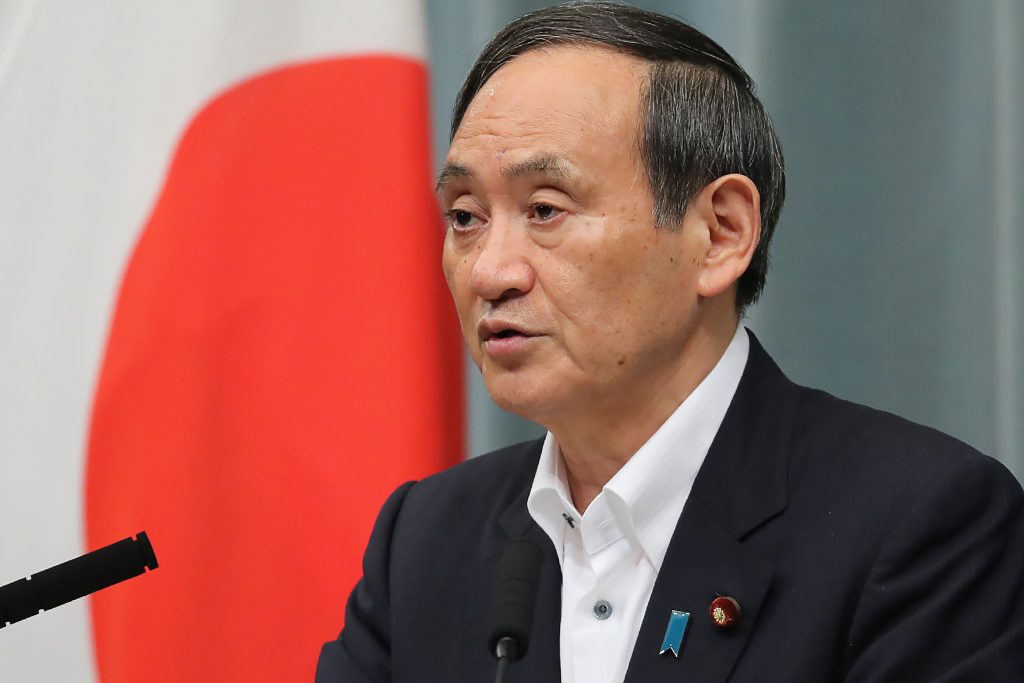
- ARAB NEWS
- 13 Jul 2025

The Japanese government has been bewildered by US President Donald Trump's remarks showing his intention to expand the framework of the Group of Seven major industrial nations to include Russia, South Korea, Australia and India.
While Trump's remarks apparently reflect his aim of isolating China, which is at loggerheads with the United States over the coronavirus pandemic and the situation in Hong Kong, Tokyo is quickly collecting information to get an insight into what exactly the US leader intended.
Trump had considered hosting a G-7 summit in Washington in late June to demonstrate that the United States is returning to normal from the novel coronavirus crisis.
But he announced on Saturday that the event will be postponed to September or later, after some leaders voiced reluctance to hold the G-7 meeting in person. At the same time, Trump suggested his intention to invite Russia, South Korea, Australia and India, calling the current G-7 framework outdated.
"The G-7 framework continues to be an important forum for major countries to confirm their policies and cooperation for tackling issues facing the international community," Japanese Chief Cabinet Secretary Yoshihide Suga told a press conference on Monday, voicing caution over its expansion.
The current G-7 members are Britain, Canada, France, Germany, Italy, Japan and the United States. The European Union also joins G-7 meetings.
"President Trump must have come up with the China-isolating idea while looking at a world map," a Japanese government source said.
Meanwhile, a Japanese Foreign Ministry source voiced concerns that a further worsening of U.S.-China relations would make it difficult for Japan to realize a postponed state visit to Japan by Chinese President Xi Jinping. Xi's visit, initially planned for in April this year, has been put off due to the coronavirus pandemic.
"Nobody knows what President Trump intended, even in the United States," another Foreign Ministry source said.
Of the four nations mentioned by Trump as potential new members of the revamped G-7 framework, Russia and South Korea have close economic ties with China. Working in unity to isolate China would therefore be difficult even if the G-7 framework is expanded, sources said.
Moreover, Russia was forced out of the Group of Eight framework after its annexation of Crimea in 2014, so the plan to invite Russia is expected to face opposition from current G-7 members.
India, China and others have taken part in past summit talks. The United States, which serves as this year's chair of the G-7 framework, thus will be able to invite nonmember countries as observers.
But a Japanese government source said Trump's remarks sounded as if he wants the four nations to join as new members, rather than inviting them as guests, adding that putting the idea into action would be difficult.
JIJI Press